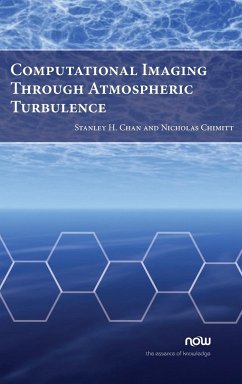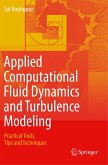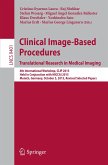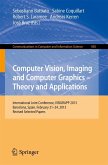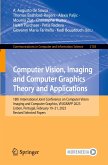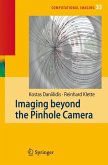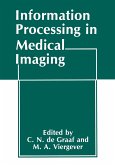Since the seminal work of Andrey Kolmogorov in the early 1940's, imaging through atmospheric turbulence has grown from a pure scientific pursuit to an important subject across a multitude of civilian, space-mission, and national security applications. Fueled by the recent advancement of deep learning, the field is further experiencing a new wave of momentum. However, for these deep learning methods to perform well, new efforts are needed to build faster and more accurate computational models while at the same time maximizing the performance of image reconstruction. The goal of this book is to present the basic concepts of turbulence physics while accomplishing the goal of image reconstruction. Starting with an exploration of optical modeling and computational imaging in Chapter 1, the book continues to Chapter 2, discussing the essential optical foundations required for the subsequent chapters. Chapter 3 introduces a statistical model elucidating atmospheric conditions and the propagation of waves through it. The practical implementation of the Zernike-based simulation is discussed in Chapter 4, paving the way for the machine learning solutions to reconstruction in Chapter 5. In this concluding chapter, classical and contemporary trends in turbulence mitigation are discussed, providing readers with a comprehensive understanding of the field's evolution and a sense of its direction. The book is written primarily for image processing engineers, computer vision scientists, and engineering students who are interested in the field of atmospheric turbulence, statistical optics, and image processing. The book can be used as a graduate text, or advanced topic classes for undergraduates.
Bitte wählen Sie Ihr Anliegen aus.
Rechnungen
Retourenschein anfordern
Bestellstatus
Storno

